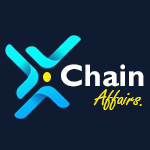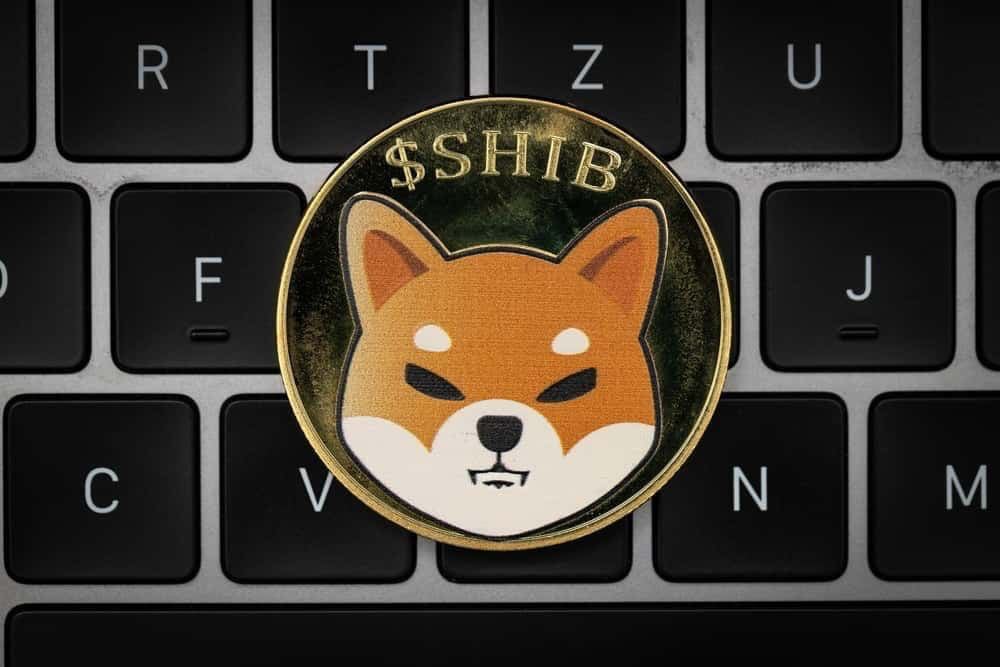|
Getting your Trinity Audio player ready...
|
IOTA is a distributed ledger technology (DLT) that is designed for the Internet of Things (IoT). It is a feeless, scalable, and secure platform that can be used for a variety of applications, including machine-to-machine (M2M) payments, data exchange, and smart contracts.
Tesla is an electric car company that is known for its innovative technology. The company has not yet announced any plans to use IOTA in its cars, but there are a number of potential applications for IOTA in the automotive industry.
In this article, we will explore some of the potential ways that IOTA could be used in Tesla cars. We will also discuss the challenges that need to be overcome before IOTA can be widely adopted in the automotive industry.
Potential Applications for IOTA in Tesla Cars
There are a number of potential applications for IOTA in Tesla cars. Some of the most promising applications include:
- Paying for charging stations
One of the biggest challenges facing electric car owners is finding charging stations. IOTA could be used to make it easier and more convenient to pay for charging stations. For example, IOTA could be used to create a system where electric car owners can simply scan a QR code at a charging station to pay for their charge.
- Sharing data between vehicles and infrastructure
IOTA could also be used to share data between vehicles and infrastructure. This could be used for a variety of purposes, such as:
- Automating payments for tolls and parking
IOTA could also be used to automate payments for tolls and parking. This could make it easier and more convenient for drivers to pay for these services. For example, IOTA could be used to create a system where drivers simply drive through a toll booth or park in a parking spot and their payment is automatically deducted from their account.
- Providing insurance for self-driving cars
IOTA could also be used to provide insurance for self-driving cars. This could be done by using IOTA to create a system where self-driving cars can collect and share data about their surroundings. This data could then be used to assess the risk of accidents and to determine the cost of insurance.
- Enabling peer-to-peer car sharing
IOTA could also be used to enable peer-to-peer car sharing. This could make it easier and more convenient for people to share cars with each other. For example, IOTA could be used to create a system where people can list their cars for rent and other people can book them.
Challenges to Adoption
Despite the potential benefits of IOTA, there are a number of challenges that need to be overcome before it can be widely adopted in the automotive industry. Some of the most significant challenges include:
- Scalability
IOTA is still a relatively new technology, and it is not yet clear if it can scale to support the needs of the automotive industry. For example, IOTA would need to be able to handle millions of transactions per second in order to support the use of IOTA in self-driving cars.
- Security
IOTA is a distributed ledger technology, and as such, it is important to ensure that it is secure. IOTA has been criticized for its lack of security in the past, and it is important to address these concerns before IOTA can be widely adopted in the automotive industry.
- Regulation
The automotive industry is heavily regulated, and it is important to ensure that IOTA complies with all applicable regulations. For example, IOTA would need to be compliant with the General Data Protection Regulation (GDPR) before it can be used to collect and share data about people.
Also read : IOTA: How IOTA’s Tangle Will Impact The Future Of The Supply Chain
Conclusion
IOTA has the potential to revolutionize the automotive industry. However, there are a number of challenges that need to be overcome before IOTA can be widely adopted in the automotive industry. These challenges include scalability, security, and regulation. If these challenges can be overcome, IOTA has the potential to make cars safer, more efficient, and more convenient.
Disclaimer: The information in this article is for general purposes only and does not constitute financial advice. The author’s views are personal and may not reflect the views of Chain Affairs. Before making any investment decisions, you should always conduct your own research. Chain Affairs is not responsible for any financial losses.

The latest Crypto News on Blockchain, Crypto, NFTs, Bitcoin, DOGE, XRP, Cardano IOTA, SHIB, ETH, DeFi, and the Metaverse.



